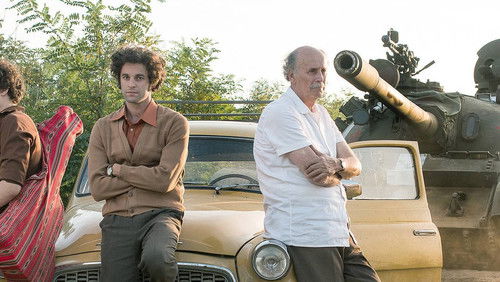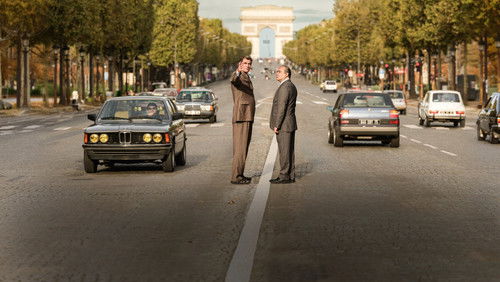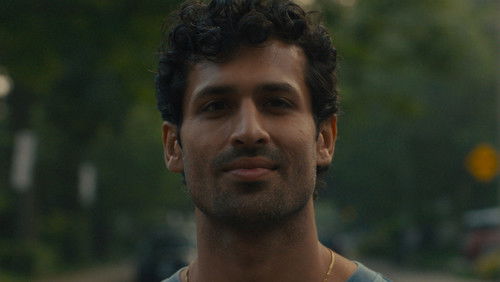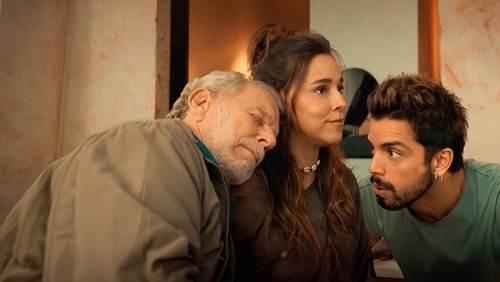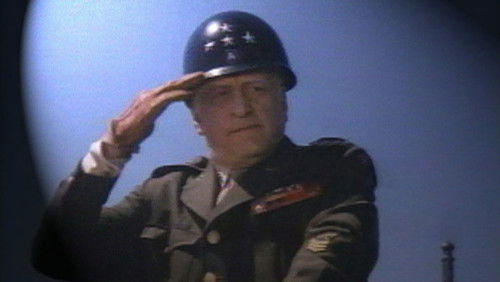Hannah Arendt (2012)
34KHannah Arendt: Directed by Margarethe von Trotta. With Barbara Sukowa, Janet McTeer, Julia Jentsch, Axel Milberg. A look at the life of philosopher and political theorist Hannah Arendt, who reported for ‘The New Yorker’ on the trial of the Nazi leader Adolf Eichmann in Jerusalem.
“Although I was not familiar with the name u0026quot;Hannah Arendt,u0026quot; I was certainly familiar with the phrase u0026quot;banality of evilu0026quot; that Arendt coined. However, u0026quot;banality of evilu0026quot; is not the phrase she used. The full phrase is u0026quot;the fearsome, word-and-thought-denying banality of evil.u0026quot; Because, unlike the claims of many accusers who didnu0026#39;t fully understand her, Arendt didnu0026#39;t see a simple bureaucrat in Eichmann during his 1960 trial in Israel. She saw a truly evil man who u0026quot;spoke like a bureaucrat.u0026quot; Her point being that Eichmann did not speak or seem to think like a genocidal maniac yet he acted like one nevertheless. That is evil cloaked in the banal. This movie revolves around the years of Arendtu0026#39;s life, 1960 to 1963, when she was formulating these ideas and in that, I think the movie probably has it right.u003cbr/u003eu003cbr/u003eAll that said, and these are certainly ideas worth mulling over, this is a film for ideas and for philosophy buffs, not for film buffs. Why do I say this? Because this movie is slow, at least for American audiences. The beginning is confusing. We see a woman in New York but we donu0026#39;t know the date. She speaks German. We see a man get off of a bus heading to u0026quot;Victoriau0026quot; in the middle of nowhere. He is promptly kidnapped. We donu0026#39;t know when or where. Eventually, we learn the kidnapped man is Adolph Eichmann who is nabbed by the Mossad in Argentina in 1960. Much of the movie unfolds slowly. This is a film about thinking. It is not about doing much or feeling much. It is an intellectual film.u003cbr/u003eu003cbr/u003eThereu0026#39;s one semi-action scene in the film where a 1950s vehicle corners Arendt on the road where she is walking. Israeli secret agents pour out of the car and threaten Arendt, trying to prevent her from publishing her book about Eichmann. Based on someone knowledgeable, Professor Roger Berkowitz, academic director of the Hannah Arendt Center for Politics and the Humanities at Bard College in New York, it appears this scene was invented out of whole cloth to try to give the film at least some suspense. But thatu0026#39;s not what this film is about.u003cbr/u003eu003cbr/u003eItu0026#39;s about thinking and itu0026#39;s about the fearsome, word-and-thought-denying banality of evil and how Hannah Arendt was the first to identify this 20th-century pathology of the human psyche.u003cbr/u003eu003cbr/u003eThanks to the Camera Cinema Club in San Jose for showing this film.”
